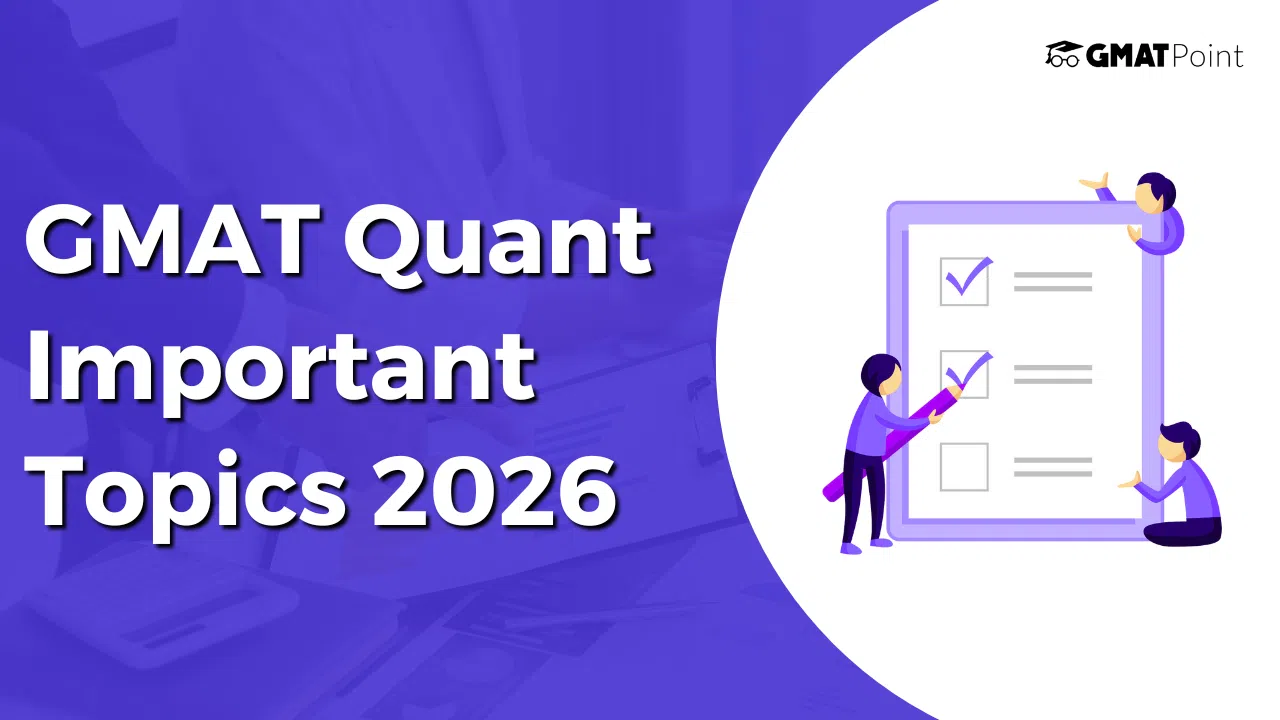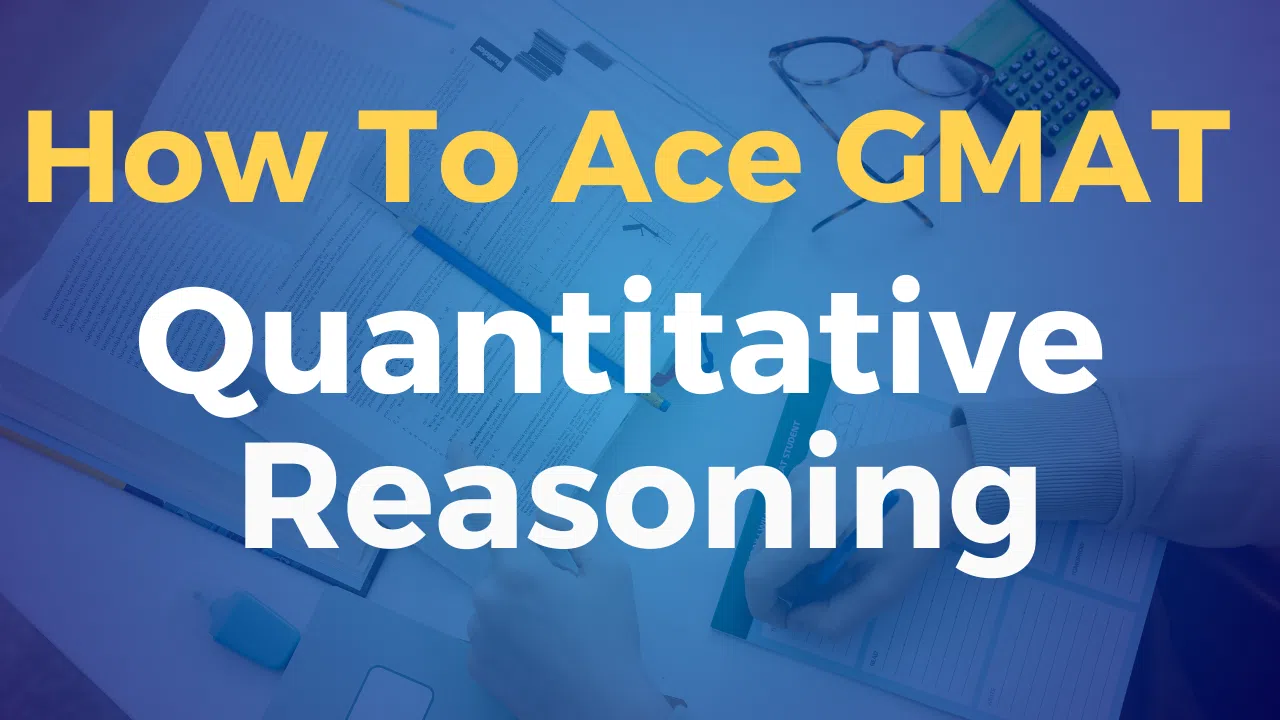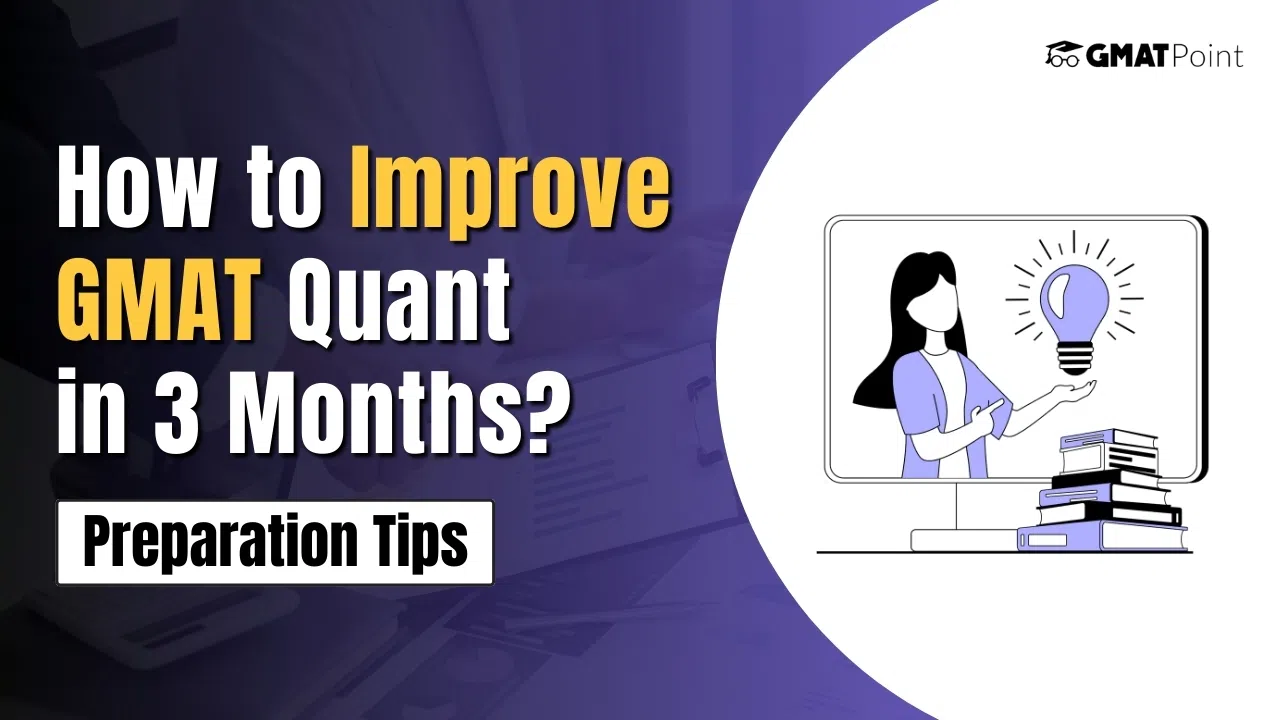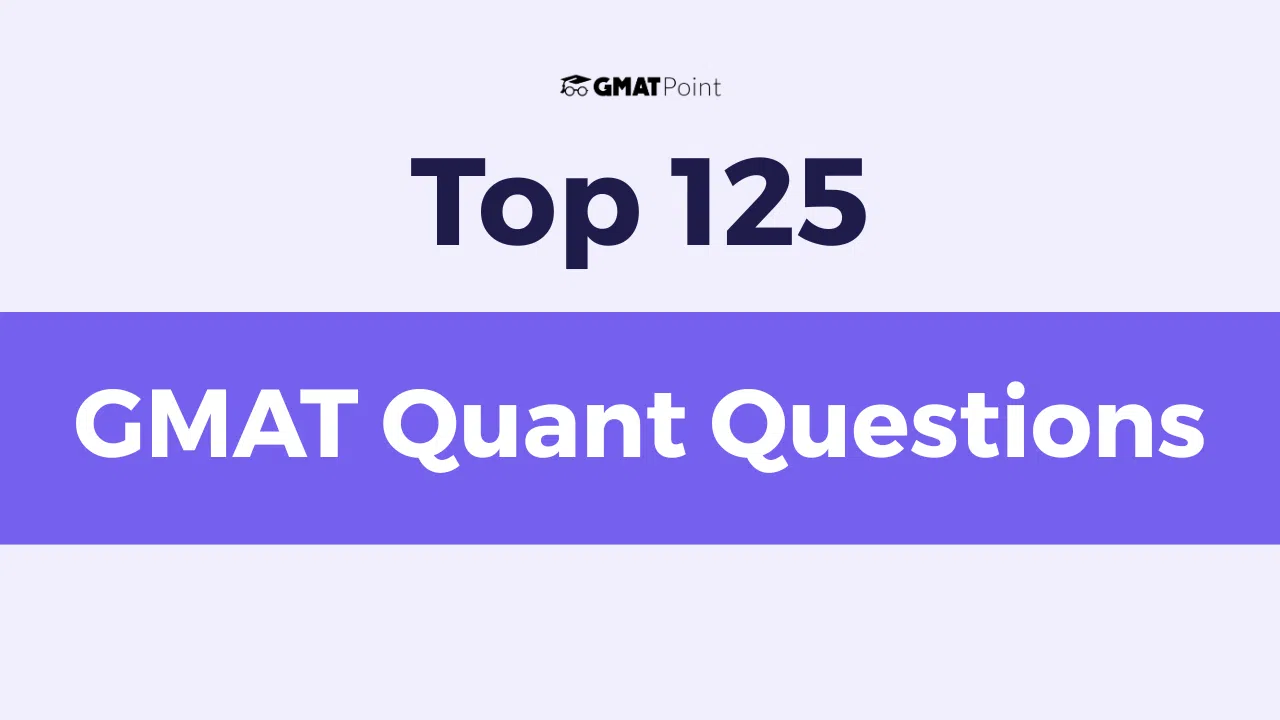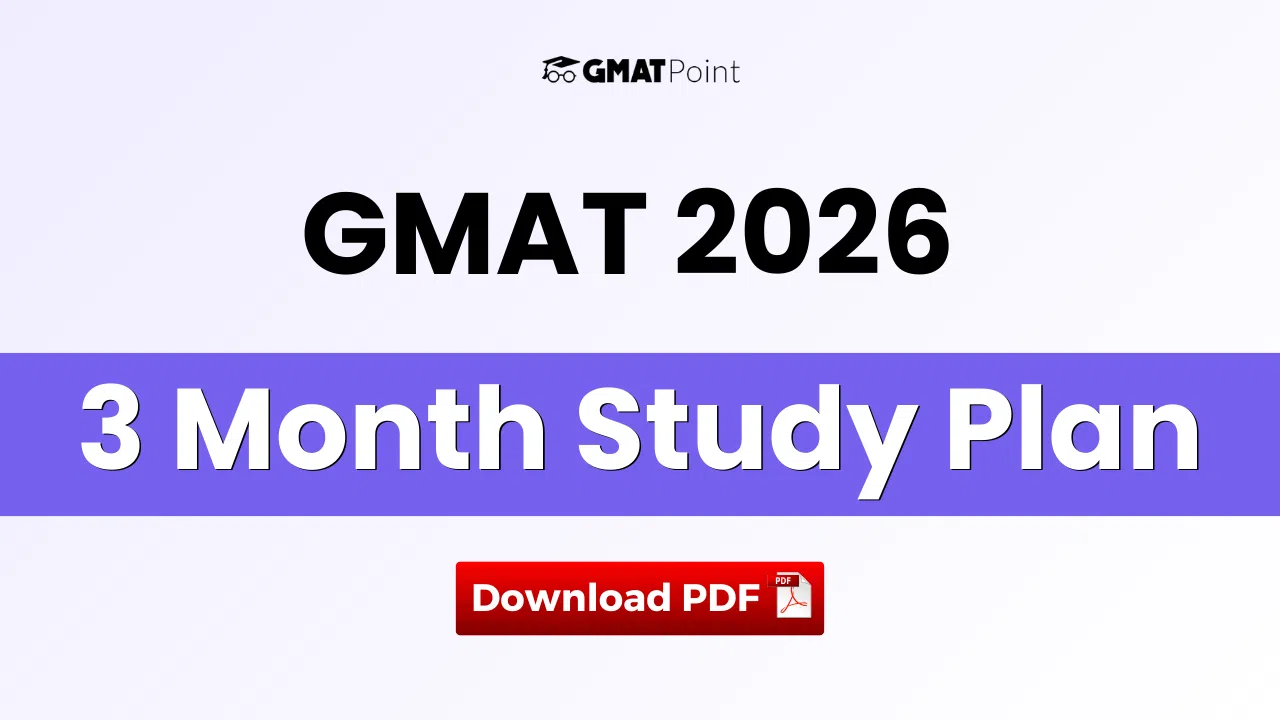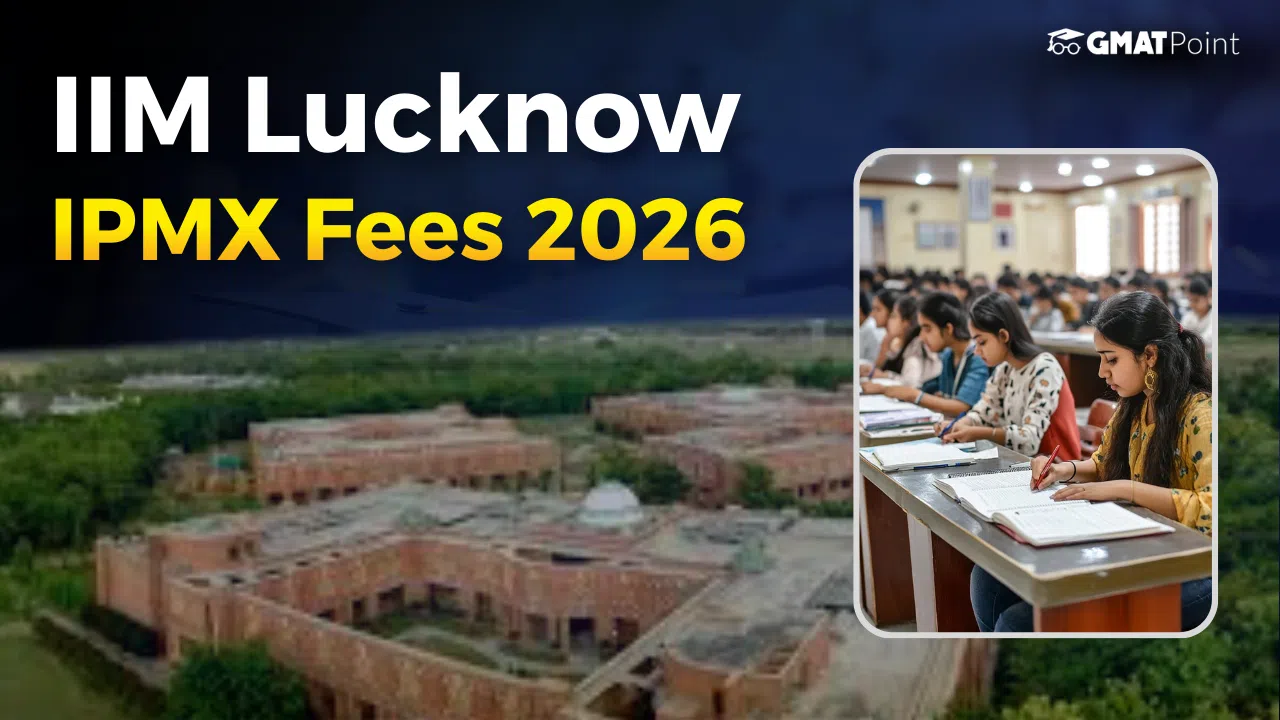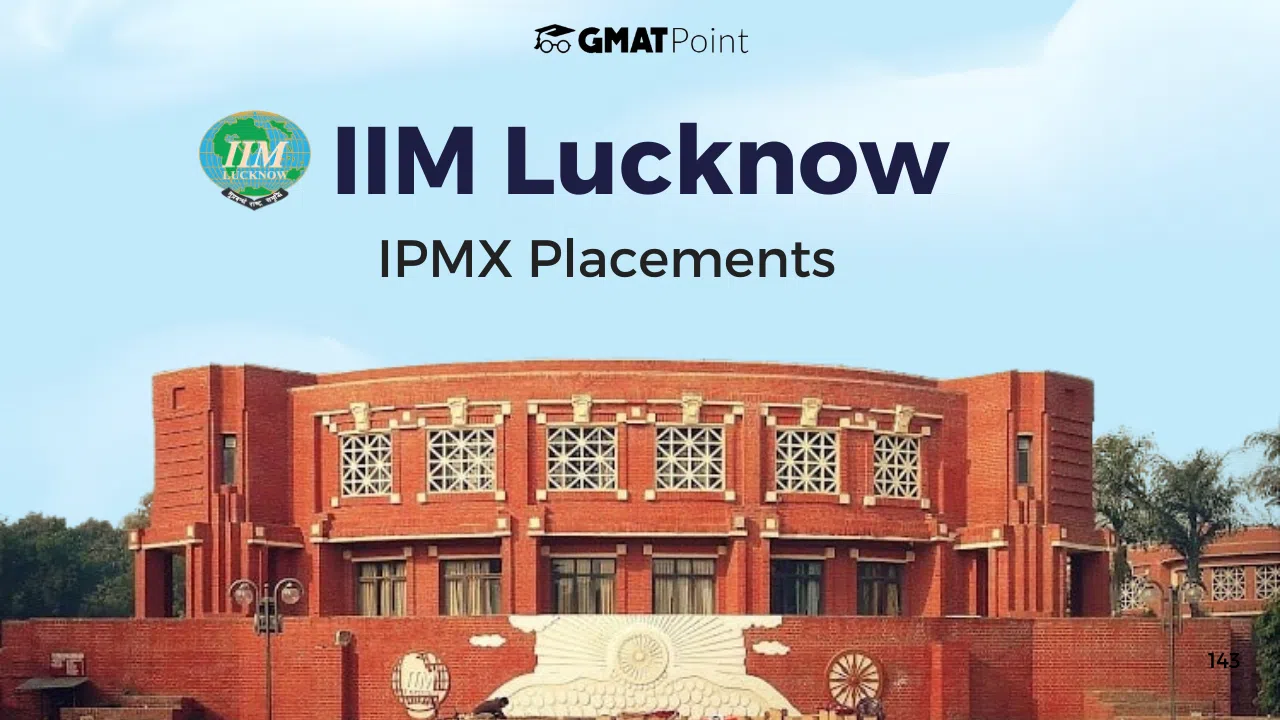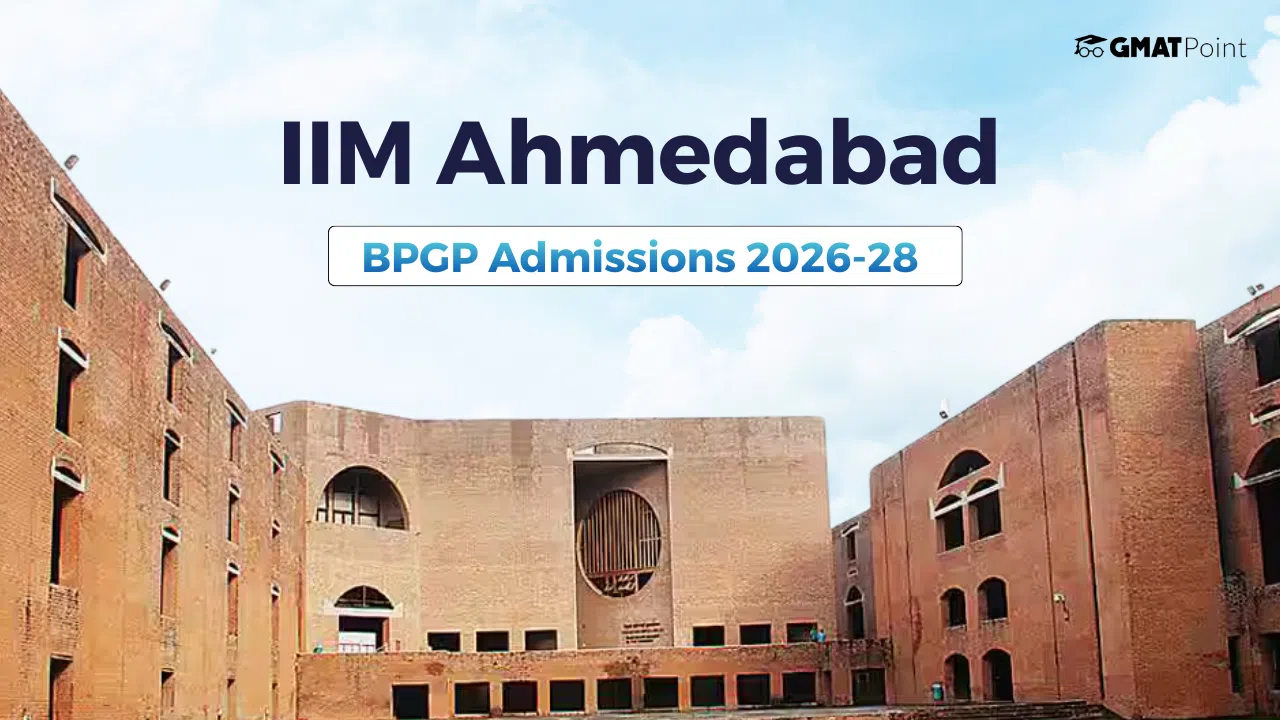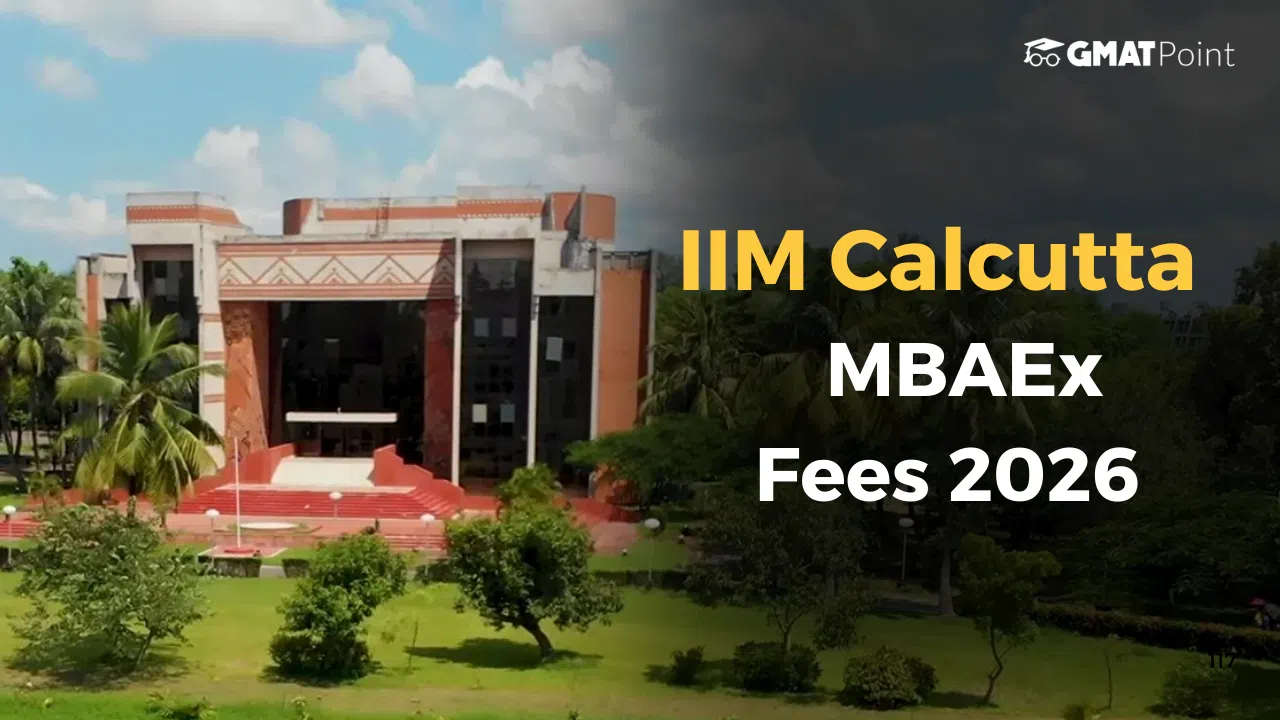GMAT Quant Important Topics 2026
The GMAT Quant section in 2026 tests how well you can solve math problems using core concepts from arithmetic, algebra, word problems, and data analysis. Since the new GMAT Focus Edition format includes only problem-solving questions and features very little calculation, it is important to understand which topics matter the most.
This article explains the GMAT Quant syllabus 2026, the topic-wise weightage, the topics with the highest weightage, and the Quant areas that are most important for the exam. It also includes tips on improving accuracy and preparing effectively for the GMAT Quant section.
GMAT Quant Syllabus 2026
The GMAT Quantitative Reasoning syllabus for 2026 focuses on testing your basic arithmetic and algebra skills, along with your ability to solve practical, real-world problems. This section contains 21 problem-solving questions to be completed within 45 minutes; calculators are not permitted.
The syllabus covers core arithmetic topics, including fractions, decimals, percentages, ratios, proportions, averages, number properties, and basic statistics. It also covers important algebra concepts, including equations, inequalities, functions, and algebraic expressions. Many questions appear as word problems that require logical thinking and clear interpretation of quantitative information.
In the current GMAT Focus Edition, the Quant section includes only problem-solving questions (no Data Sufficiency), and no geometry.
Overall, the GMAT Quant section evaluates your ability to understand numbers, analyse data, and apply mathematical reasoning quickly and accurately under time pressure.
GMAT Quant Topic-wise Weightage
The GMAT Focus Edition Quantitative Reasoning section mainly tests Arithmetic and Algebra. Although GMAC does not publish official topic-wise percentages, analysis of official practice questions suggests the following approximate distribution:
Topic | Estimated Weightage |
Arithmetic | 30-35% |
Algebra | 25-30% |
Number Properties | 10-15% |
Statistics & Probability | 15-20% |
Word Problems | 5-10% |
Note: Geometry (except basic coordinate graphing) is not part of the Quant section in the GMAT Focus Edition. Data Sufficiency has also been removed from Quant and is now included only in the Data Insights section.
Read More: Top 125 GMAT Quant Questions PDF 2025, Important Formulas
GMAT Quant Topics with High Weightage
The GMAT Quant section focuses heavily on certain core math areas that appear more frequently than others. Understanding these high-weightage topics will help you prioritise your preparation and improve your score effectively. Here are the Quant topics that carry the most importance:
- Percentages, Ratios, and Proportions: These topics form the backbone of manyGMAT questions. You will often see problems involving percentage change, ratio comparisons, proportion setups, and real-world scenarios like profit, discounts, and mixtures.
- Number Properties: This is one of the most important areas on the test. Questions about odd and even numbers, divisibility rules, prime numbers, factors, multiples, and remainders appear regularly. Strong number sense helps you solve these problems quickly.
- Algebra and Equations: Linear equations, inequalities, quadratic expressions, systems of equations, and algebraic simplifications show up frequently. The GMAT tests how efficiently you can manipulate expressions and solve for unknowns.
- Word Problems: A large part of the GMAT Quant section is built around word problems. These include work rate problems, distance and speed, mixtures, simple interest, basic statistics, and real-life scenarios that require logical interpretation.
- Functions and Expressions: Functions, patterns, and evaluating algebraic expressions are commonly tested. You will need to understand how inputs and outputs relate and how to simplify expressions quickly.
- Basic Statistics: Topics like mean, median, mode, range, probability, and simple data analysis appear regularly, especially in practical problem-solving questions.
- Minimal Geometry: Geometry holds much lower weightage in the GMAT Focus Edition, but you may still encounter simple questions on shapes, areas, and basic properties.
Read More: GMAT Previous Year Question Papers, Section-Wise PDFs
Which Quant Topics Are Most Important for GMAT 2026?
For GMAT 2026, the Quant section focuses mainly on arithmetic and algebra, along with practical problem-solving. Since the GMAT tests reasoning more than heavy formulas, some topics appear far more often than others. Here are the most important Quant topics you should prioritise:
- Percentages and Ratios: These are among the most frequently tested areas. Questions often involve percentage change, profit and loss, ratio comparisons, and mixing or splitting quantities.
- Number Properties: Topics like odd and even numbers, divisibility rules, prime numbers, remainders, and factors play a major role in GMAT problem-solving. Strong skills here help you answer quickly.
- Equations and Inequalities: Linear equations, quadratic expressions, inequalities, and simple systems of equations show up regularly. You must know how to simplify expressions and solve efficiently.
- Word Problems: Many Quant questions are framed as real-world scenarios. These include work rate problems, distance and speed, mixtures, simple interest, and basic statistics. Understanding how to translate words into equations is essential.
- Functions and Algebraic Expressions: Functions, basic algebra manipulation, and evaluating expressions appear frequently. These test your ability to apply rules logically.
- Basic Statistics: Averages, weighted averages, median, mode, and simple probability are common and usually straightforward once you understand the concepts.
Read More: GMAT Study Material 2025, Mock Tests, Sample Papers PDF
How to Improve Accuracy in the GMAT Quant Section?
Improving accuracy in the GMAT Quant section requires strong fundamentals, a strategic approach, and consistent practice. Here are some effective ways to improve your accuracy:
- Strengthen Your Basics: Accuracy improves naturally when your core math concepts are clear. Review topics like percentages, ratios, equations, and number properties. A strong foundation reduces careless errors.
- Read the Question Carefully: Many mistakes happen because test takers rush and misread the question. Slow down just enough to understand exactly what is being asked before solving.
- Avoid Long Calculations: The GMAT rewards smart problem solving, not heavy computation. Look for shortcuts, patterns, or simpler methods. Use estimation when possible to save time and reduce errors.
- Practice Under Timed Conditions: Accuracy drops when you panic or run out of time. Practising with a timer helps you learn how to maintain accuracy while working efficiently.
- Focus on One Step at a Time: Break each problem into smaller steps and work through them carefully. This reduces the chance of mathematical slips or missing key details.
- Review Your Mistakes Regularly: After every practice session, analyse each incorrect answer. Identify whether it was due to a concept gap, a calculation mistake, or a misunderstanding. Fix the root cause so the mistake doesn’t repeat.
- Master Mental Math: Since calculators are not allowed, improving your mental math skills helps you work faster and avoid unnecessary errors.
- Use the Process of Elimination: If you are unsure about an answer, eliminate clearly wrong options first. This increases your chances of finding the correct answer and avoids second-guessing.
- Stay Calm and Manage Your Time: Rushing leads to mistakes. Keep a steady pace, and don’t spend too long on a single question. Move on when needed to maintain focus and accuracy.
Read More: GMAT 2025 Expected Questions PDF With Detailed Solutions
GMAT Quant Preparation Tips
Preparing for the GMAT Quant section becomes easier when you focus on understanding the exam and the skills it measures. The Quantitative Reasoning section checks how well you can use basic arithmetic, algebra, and problem-solving concepts in timed situations. It does not require advanced mathematics, but it does require logical thinking and efficiency. Here are some effective tips to help you prepare for the GMAT Quant section:
- Strengthen Your Core Math Basics: Begin by reviewing important math topics such as percentages, ratios, number properties, equations, inequalities, and basic statistics. These concepts appear frequently in GMAT questions, so a solid foundation makes the test much easier.
- Practice with Purpose and Build Speed: Practice consistently. Start with individual topics, then move to mixed question sets that resemble the real exam. Solve questions with a timer to improve your speed and accuracy. Since calculators are not allowed, working on your mental math skills will help you solve problems faster.
- Learn from Your Mistakes: Review your mistakes after every practice session. Identify whether the issue was a misunderstanding, a calculation slip, or a weak concept. Correcting these patterns helps you improve quickly. Also, practice smart strategies such as eliminating wrong answers, using estimation, and making educated guesses.
- Prepare Confidently for Test Day: As your test day gets closer, take GMAT mock tests to build stamina and get comfortable with the overall pace. On exam day, stay calm, use your scratch board effectively, and avoid spending too much time on any single question. A steady and strategic approach can greatly improve your GMAT Quant score.
Read More: How to Improve GMAT Quant in 3 Months? Preparation Tips
GMAT Quant Important Topics 2026: Conclusion
To do well in the GMAT Quant section in 2026, focus on topics like percentages, ratios, number properties, and algebra. These are commonly tested in the exam, and mastering them will help improve your score. Also, practicing how to solve word problems quickly and working on your mental math skills will help you answer questions faster without a calculator. With regular practice and smart preparation, you can improve both your speed and accuracy, leading to a higher GMAT score.
